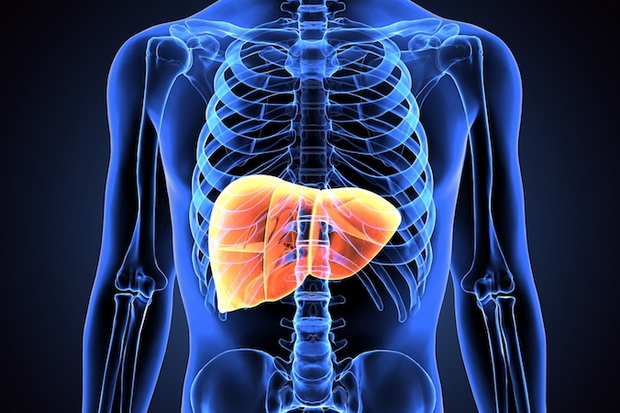Regularly drinking more than 14 units of alcohol a week risks damaging your health.
User guidesimac g4 user. The recommended weekly limit of 14 units is equivalent to 6 pints of average-strength beer or 10 small glasses of low-strength wine.
New evidence around the health harms from regular drinking have emerged in recent years.
There's now a better understanding of the link between drinking and some illnesses, including a range of cancers.
A few seconds after your first sip, alcohol starts to change how your body works. After years of heavy drinking, those changes add up. Find out more from WebMD's slideshow. Alcohol related brain damage is not only due to the direct toxic effects of alcohol; alcohol withdrawal, nutritional deficiency, electrolyte disturbances, and liver damage are also believed to contribute to alcohol-related brain damage. Cognition and dementia. Excessive alcohol intake is associated with impaired prospective memory. Addressing kidney failure and disease as a result of excessive drinking can also mean receiving alcoholism treatment and counseling. This involves breaking the physical hold of alcohol on the individual and then providing psychological and social care to ensure that alcohol no longer presents a medical or mental health risk. Association Between Alcohol Use and Damage to the Stomach Lining Alcoholic gastritis can develop after repeated alcohol use begins to irritate or even erode parts of the stomach lining. This, in turn, can leave the stomach lining more vulnerable to the acidic digestive juices normally produced by the body to digest food. Doctors and researchers sometimes use the term alcohol-related cognitive impairment to refer to the damaging impact that repeated excessive alcohol consumption can have on the brain’s ability to function. Some of this impact stems directly from alcohol’s poisonous effects on the brain.
The previously held position that some level of alcohol was good for the heart has been revised.
It's now thought that the evidence on a protective effect from moderate drinking is less strong than previously thought.
Low-risk drinking advice
To keep health risks from alcohol to a low level if you drink most weeks:

- men and women are advised not to drink more than 14 units a week on a regular basis
- spread your drinking over 3 or more days if you regularly drink as much as 14 units a week
- if you want to cut down, try to have several drink-free days each week
If you're pregnant or think you could become pregnant, the safest approach is not to drink alcohol at all to keep risks to your baby to a minimum.
No 'safe' drinking level
If you drink less than 14 units a week, this is considered low-risk drinking.
It's called 'low risk' rather than 'safe' because there's no safe drinking level.

The type of illnesses you can develop after 10 to 20 years of regularly drinking more than 14 units a week include:
- cancers of the mouth, throat and breast
- brain damage
- damage to the nervous system
There's also evidence that regular drinking at high-risk levels can make your mental health worse.
Research has found strong links between alcohol misuse and self-harming, including suicide.
The effects of alcohol on your health will depend on how much you drink. The less you drink, the lower the health risks.
Excess Of Dmg In Alcohol Consumption
Read about alcohol units to work out how much alcohol there is in your drinks.
Excess Of Dmg In Alcohols
'Single session' drinking
Drinking too much too quickly on any single occasion can increase your risk of:
- accidents resulting in injury, causing death in some cases
- misjudging risky situations
- losing self-control, like having unprotected sex or getting involved in violence
To reduce your health risks on any single session:
Excess Of Dmg In Alcoholism
- limit how much you drink
- drink more slowly
- drink with food
- alternate with water or non-alcoholic drinks
Find out more
Page last reviewed: 23 May 2019
Next review due: 23 May 2022
